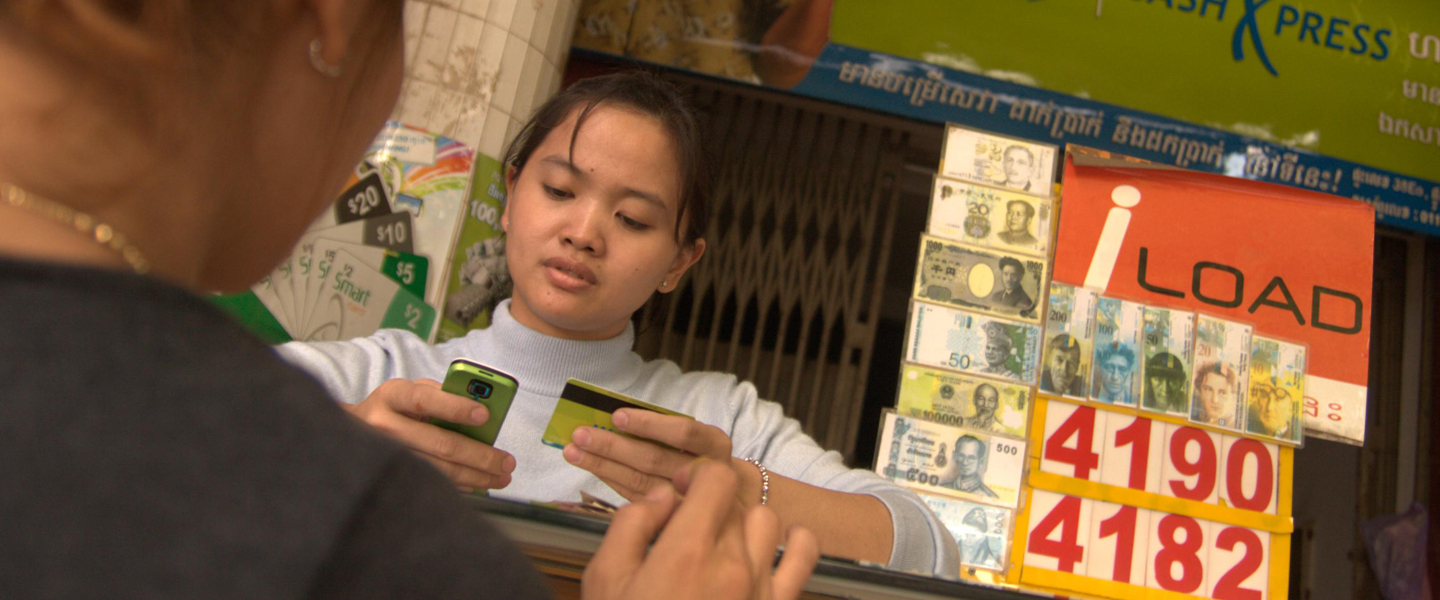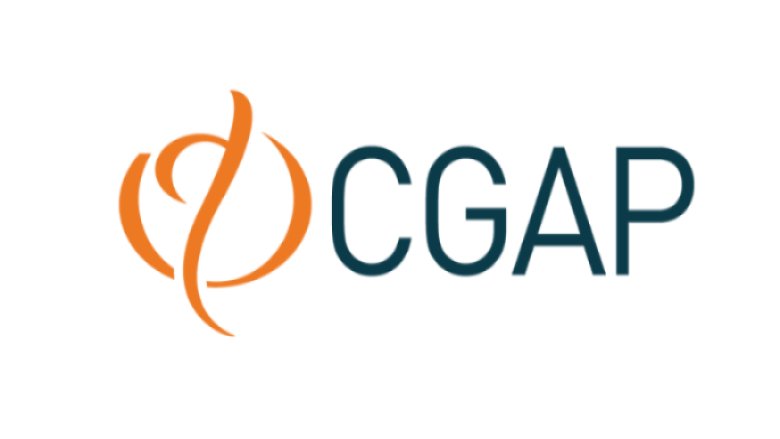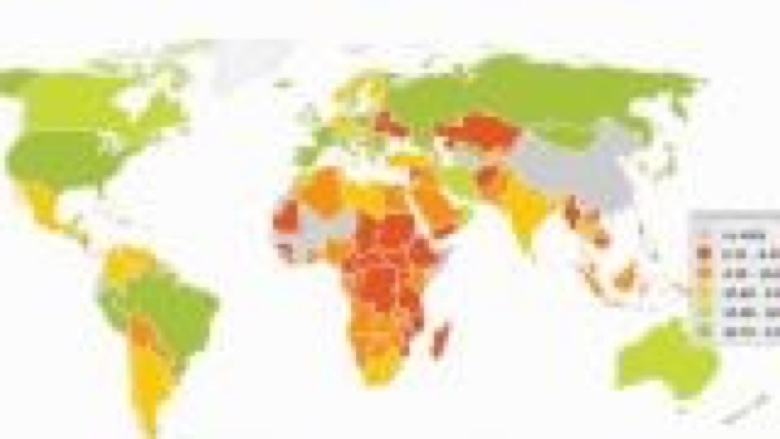Affordable financial products and services—such as transactions, payments, savings, credit and insurance—help people manage risks, build wealth and invest in businesses. Financial inclusion means that individuals and businesses have access to and use affordable financial products and services that meet their needs, which are delivered in a responsible and sustainable way. Financial inclusion is a catalyst for achieving seven of the 17 Sustainable Development Goals (SDGs). It fosters economic growth and employment, promotes economic empowerment of women, and contributes to eliminating poverty.
Financial inclusion supports entrepreneurship and business growth. Access to credit and capital, secure savings, and efficient payment services enable small businesses to expand, create jobs, and drive economic development. Access to insurance enhances resilience by offering protection against unforeseen risks and financial shocks providing individuals with peace of mind and allowing entrepreneurs to undertake ventures with greater confidence. By bringing more people and enterprises into the formal economy, financial inclusion strengthens economic activity, boosts productivity, and lays the foundation for inclusive and sustainable economic growth.
Financial inclusion empowers women. By reducing barriers to economic participation, financial services equip women with tools and resources to start and grow businesses, manage household finances, and invest in their futures. This strengthens their voice in decisions affecting them and narrows gender gaps in financial access, promoting broader social and economic equality.
Financial inclusion helps build resilience for people and businesses vulnerable to climate change and natural disasters. Over 80% of the world's 1.4 billion adults without financial accounts reside in places at risk from climate, intensifying their susceptibility to economic and environmental shocks. Financial services enable individuals and businesses to invest in climate-resilient infrastructure, adopt sustainable agricultural practices, and implement energy-efficient technologies, thereby contributing to climate mitigation. Moreover, availability of insurance and savings products speed recovery from environmental shocks.
Challenge Ahead
Transaction accounts enable people to securely store funds and efficiently conduct transactions and are typically the first step to use of other financial services. The expansion of digital financial services has helped decrease he number of adults without access to an account from 2.5 billion in 2011 to 1.4 billion in 2021, with 76% of the global adult population owning an account by 2021. Despite these advancements, challenges persist. This disparity in account ownership between low- and high-income countries underscores the need for continued efforts to bridge the financial inclusion gap and ensure equitable access to financial services worldwide.
Between 2017 and 2021, the gender gap in account ownership in developing countries narrowed from 9 to 6 percentage points. Despite these advancements, the persistent disparity continues to impede women's ability to fully manage their financial lives. Early indications suggest that mobile money accounts are playing a role in bridging this gap across various nations. The adoption of mobile money in Sub-Saharan Africa has contributed to the general increase of access and has been successful in closing the gender gap in financial inclusion. In October 2024, we unveiled our Gender Strategy 2024-2030, setting ambitious goals to boost economic opportunities for women by 2030, including to facilitate capital for 80 million more women and women-led businesses.
For countries where 80% or more of the population holds accounts—such as China, Kenya, India, and Thailand—the next frontier is transitioning from access to active usage of a broader range of financial services. Between 2011 and 2021, savings increased globally, yet the gap between advanced economies and the developing ones widened, with savings rates at 58% and 25%, respectively. Similarly, while borrowing also saw improvement, the divide remains pronounced, with rates of 56% in AEs compared to 23% in EMDEs.
Small businesses also face a substantial and growing financing gap, estimated at $5.7 trillion, equivalent to 19% of GDP, or 1.5 times the current supply of funding. This shortfall affects 40% of formal Micro-, Small- and Medium-sized enterprises (SMEs) in these regions, leaving their financing needs unmet. When informal enterprises are considered, the gap widens further. MSMEs are vital to economic growth, making up more than 50% of employment in these regions. However, limited access to finance restricts their ability to expand operations, invest in new technologies, and enhance productivity. Closing the persistent finance gap will help boost productivity, drive long-term growth, and create more and better jobs in EMDEs.
Since 2010, more than 60 nations either launched or developed National Financial Inclusion Strategies, uniting diverse stakeholders to coordinate efforts, including financial regulators, ministries of telecommunications, competition, agriculture, environment and education. Countries achieving significant progress have implemented large-scale policies, such as India's Aadhaar initiative, which has provided over 1.2 billion residents with universal digital identification, facilitating the opening of Jan Dhan Yojana (JDY) accounts. Leveraging government payments has also been instrumental; for instance, 35% of adults in low-income countries who received government payments opened their first financial account for this purpose.
In fostering uptake and market development of financial products and services, policymakers must address the range of risks financial consumers may face, and to be responsive to new and changed consumer issues from innovative products and providers. Effective financial consumer protection regulation and market conduct supervision assists in ensuring that uptake and usage of financial products and services is beneficial to consumers. As highlighted in the most recent World Bank Global Financial Inclusion and Financial Consumer Protection Survey (2022), international good practice and trends clearly show the importance for a country to have a regulatory framework and supervision addressing financial consumer and market conduct issues.
The World Bank actively collaborates with the G20 to advance financial inclusion worldwide and advocates for implementation of the G20 High-Level Principles for Digital Financial Inclusion. Additionally, the G20 has endorsed the G20/OECD High-Level Principles on SME Financing, which support efforts to enhance access to a diverse range of financing instruments for small and medium-sized enterprises, including micro-enterprises and entrepreneurs. Through this partnership, the World Bank and the G20 strive to ensure that all individuals and businesses have access to affordable and effective financial services, fostering inclusive economic growth and development.
Last Updated: Jan 27, 2025





